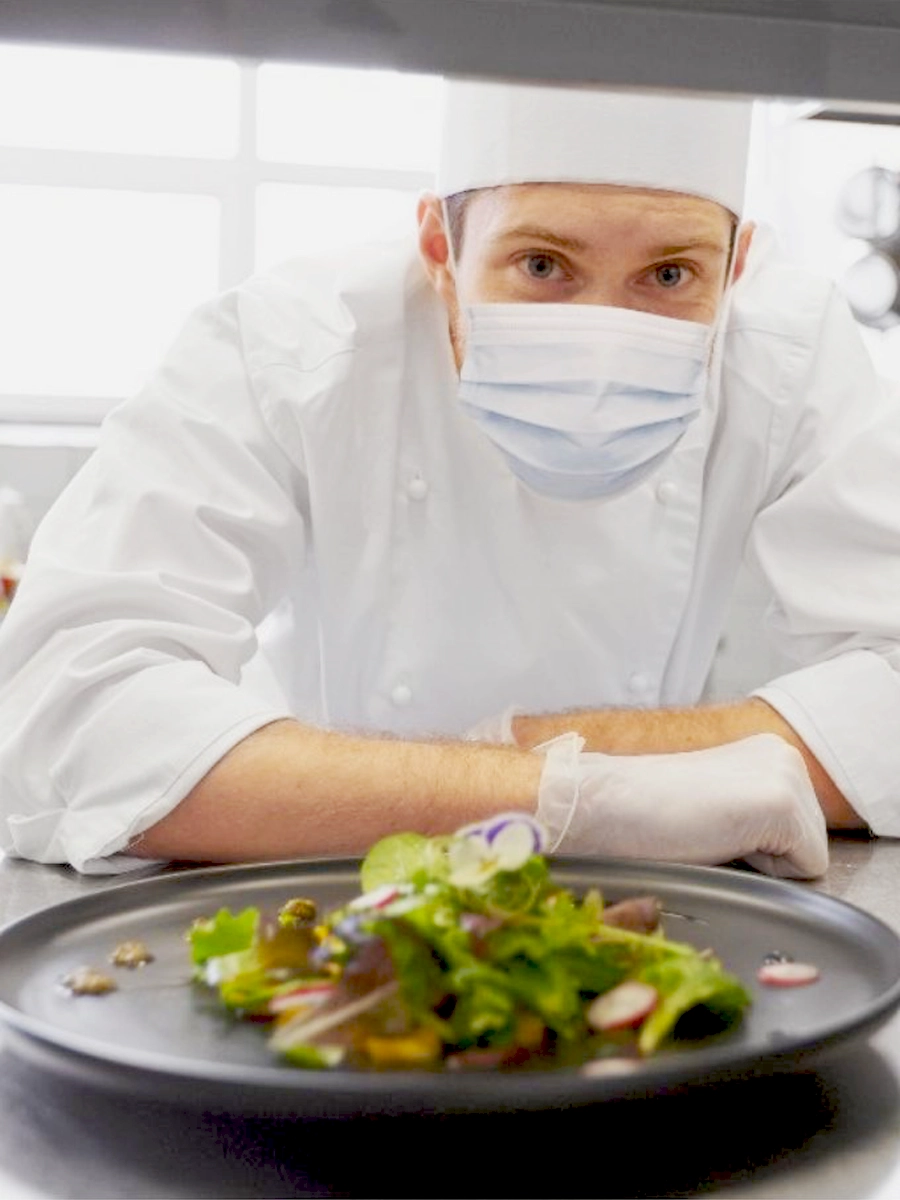
Food safety guarantees food safety through measures that prevent contamination and food-borne diseases. Improper handling can cause the proliferation of micro-organisms, chemical contamination or foreign bodies. All of these factors affect consumer health and product quality.
Some standard key practices include proper washing and hands and surface disinfection, cold chain maintenance, prevention of cross-contamination and appropriate food cooking.
Compliance with international regulations and standards, such as the Hazard Analysis and Critical Control Point (HACCP) system and Good Manufacturing Practices (GMP), is essential to ensure safe food and reduce risks.
Food poisoning represents a significant public health challenge in Spain. According to data from the European Food Safety Authority (EFSA), around 500 food outbreaks are reported every year in Spain, most of them attributed to inadequate food handling and preservation.
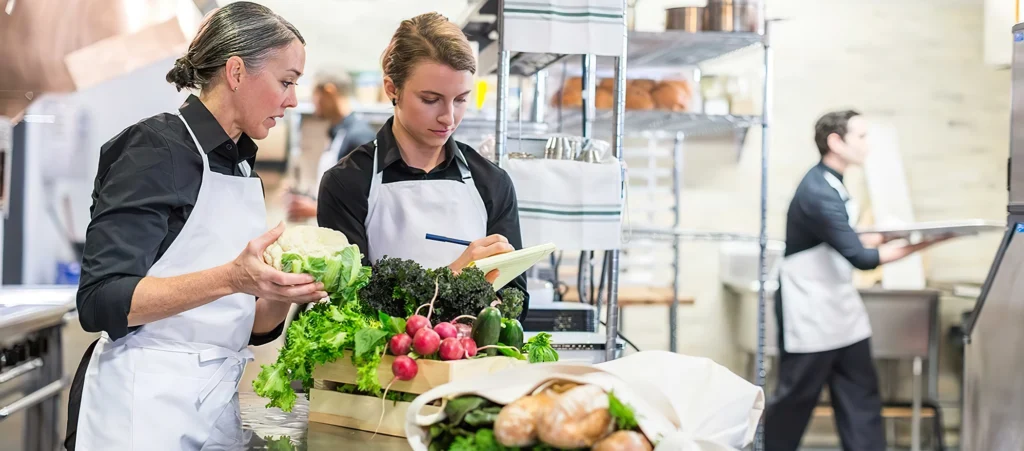
In 2019, 758 outbreaks of food poisoning were reported in Spain. These affected 10,702 people. Of these, 469 required hospitalisation and 11 deaths were recorded. The average rate of outbreaks per 100,000 inhabitants was 1.67.
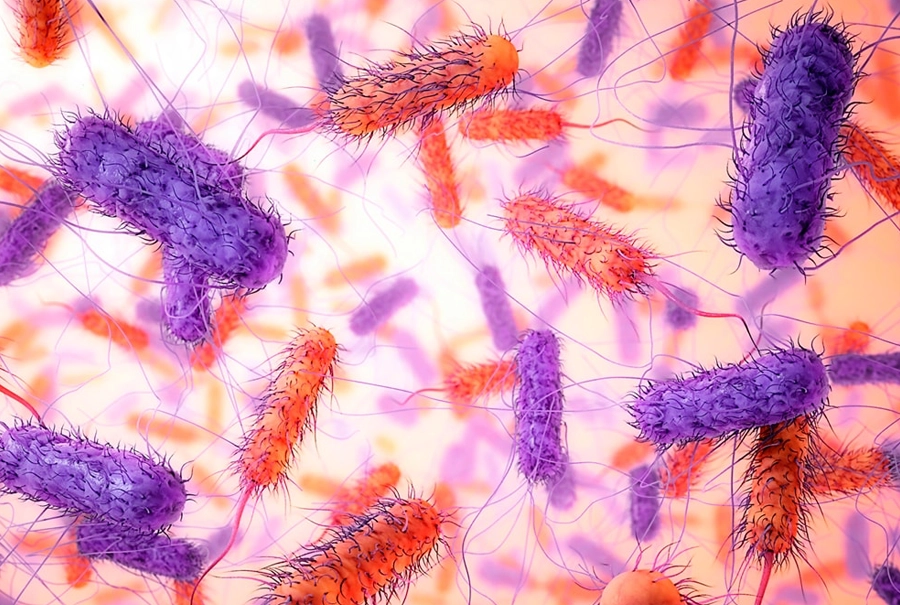
At the European level, 5,763 food-borne infectious outbreaks were reported in 2022, an increase of 44% compared to the previous year.
The consequences of food poisoning range from mild symptoms, such as vomiting and diarrhoea, to severe illnesses that can require hospitalization and even death. Vulnerable populations such as children, the elderly and people in precarious situations are the most affected.
Recent incidents in Spain have highlighted the seriousness of these infections. For example, in October 2024, at least 20 people were poisoned after eating meat contaminated with Escherichia coli during an event in Pamplona.
Likewise, in January 2025, 44 cases of intoxication related to the consumption of “montaditos de pringá” in a tavern in Cordoba were investigated, resulting in the death of one person.
These data highlight the need to reinforce hygiene measures and proper food handling, both at home and in catering establishments. The aim is to prevent outbreaks of food contamination and protect people’s health.

Food safety is central to the concept of safety, as it ensures that food does not pose a risk to the health of the consumer. It also refers to the implementation of procedures, standards and controls that prevent biological, chemical and physical contamination at all stages of the food chain, from production to final consumption.
Food safety hazards are classified into three categories:
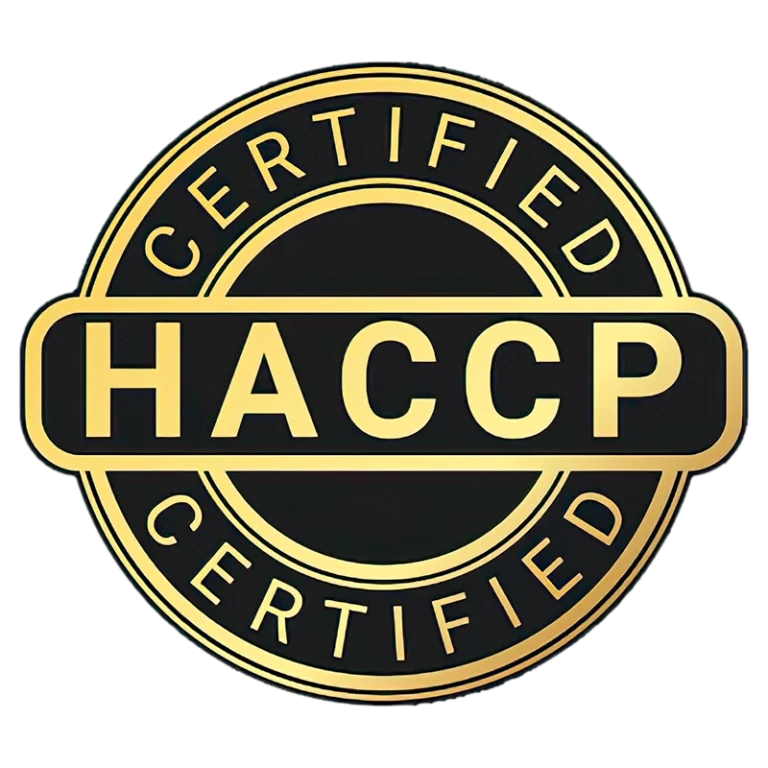
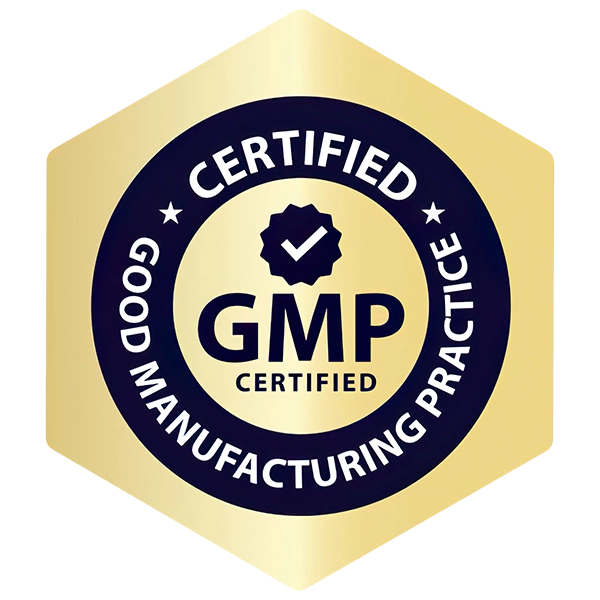
To minimise these risks, various systems and international regulations are applied, among which the following stand out:
Ensuring food safety requires the implementation of strict controls. These include microbiological monitoring, sanitary audits and product traceability. In addition, continuous training of food handlers is essential to prevent errors related to hygiene and handling, thus reducing the risk of food poisoning.
Ultimately, food safety is a critical safety issue that protects the health of users and the quality of food. The rigorous application of good practices and control systems ensures that food products are safe for consumption. In this way, potential risks are prevented and consumer confidence in food products is strengthened.
PRODERPHARMACARE® is positioned as a strategic partner for the food industry, offering products and solutions that help prevent cross-contamination during the production chain. Here are some of how our products can contribute to food safety:
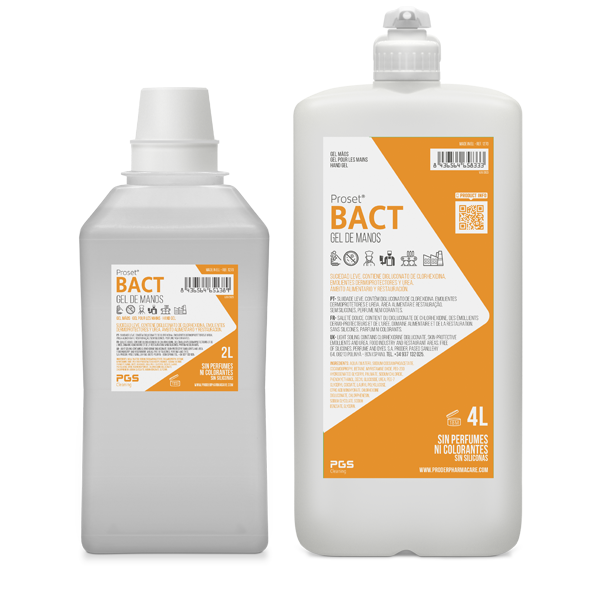
TOTAL HYGIENE hand gel.
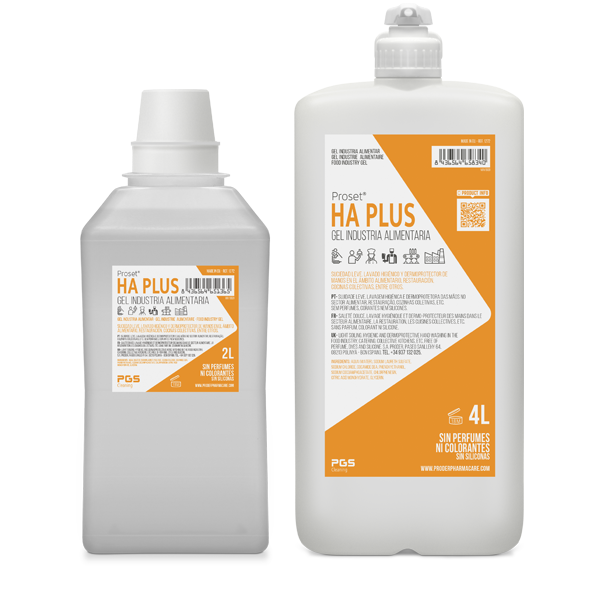
Food & beverage industry hand gel.
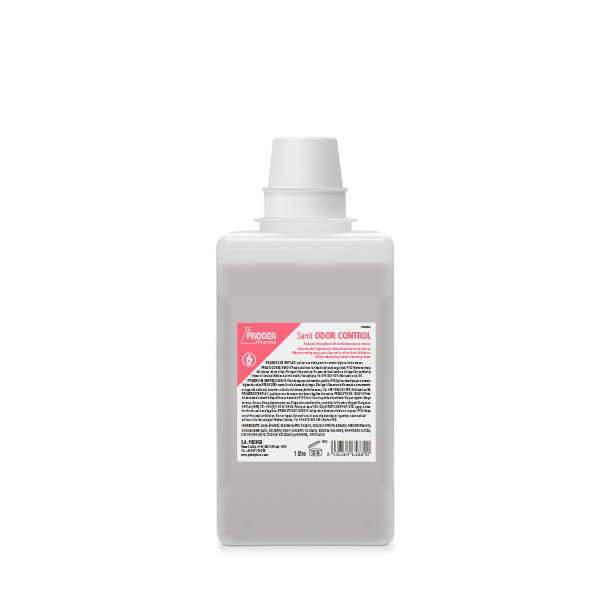
Odour-absorbing cleansing foam
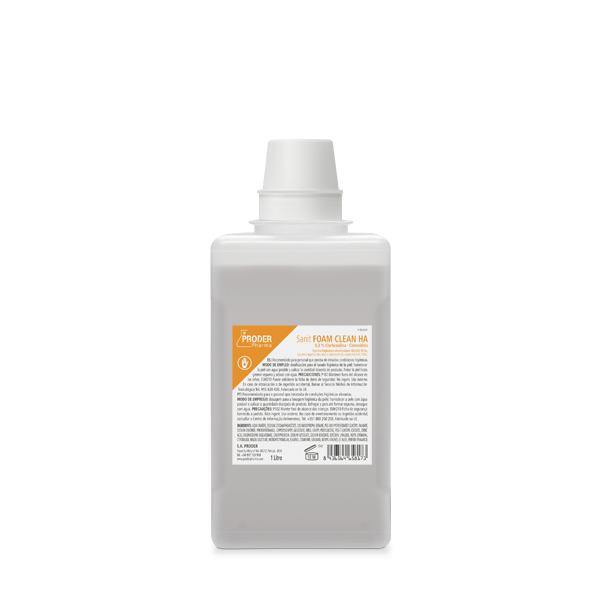
TOTAL HYGIENE Odour-absorbing cleansing foam.